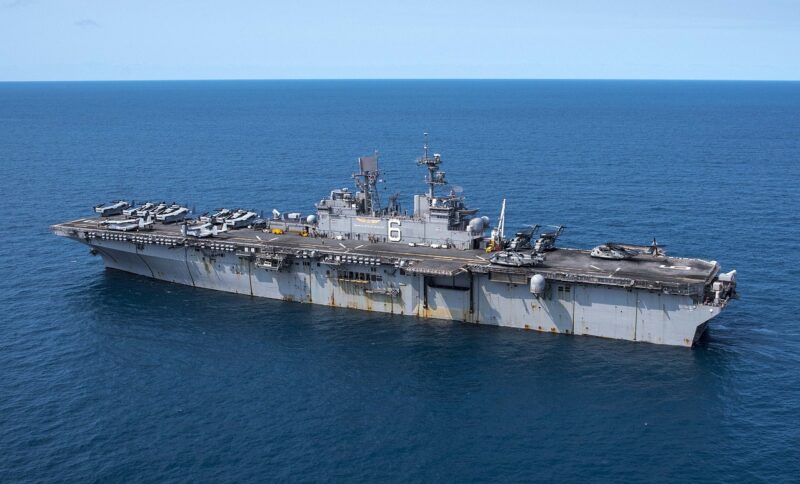
Naval warfare has played a pivotal role in shaping nations, influencing trade routes, and determining the balance of power across the globe. From ancient times to modern eras, naval battles have been characterized by strategic brilliance, technological innovation, and remarkable tales of heroism. In this deep dive into history, we will explore some of the greatest naval battles, examining their significance and outcomes, while also reflecting on how they changed the course of history.
1. The Battle of Salamis (480 BC)
The Battle of Salamis marked a decisive turning point in the Greco-Persian Wars. The Athenian navy, under the strategic command of Themistocles, lured the much larger Persian fleet into the narrow straits of Salamis.
– **Significance**: The defeat shattered Persian morale and momentum and led to the eventual fall of Persia in Greece.
– **Tactics**: Utilizing smaller, more maneuverable ships, the Athenian forces executed a well-timed ambush that played to their strengths, outsmarting the larger fleet.
This battle stands as a testament to the power of intelligence and strategy over sheer numbers.
2. The Battle of Trafalgar (1805)
The Battle of Trafalgar was a naval engagement fought during the Napoleonic Wars between British and combined French and Spanish fleets. Admiral Horatio Nelson emerged as a legendary figure during this clash, where he famously led his fleet into battle against immense odds.
– **Significance**: The British victory at Trafalgar established them as the dominant naval power in the world, preventing Napoleon from invading Britain.
– **Tactics**: Nelson employed unconventional tactics by breaking the enemy line, showcasing the importance of boldness and innovation in naval engagements.
Although Nelson was mortally wounded during the battle, his strategies ensured British naval supremacy for over a century.
3. The Battle of Midway (1942)
Fought during World War II, the Battle of Midway was a crucial turning point in the Pacific Theater. The United States Navy, having broken Japanese codes, was able to anticipate the attack on Midway Island and turned the tide against the Japanese fleet.
– **Significance**: The loss of four Japanese aircraft carriers significantly weakened Japan’s naval capabilities and shifted the momentum in favor of the Allies.
– **Tactics**: Effective intelligence gathering, strategic planning, and execution of dive-bombing tactics played a vital role in the American victory.
Midway symbolizes the importance of intelligence in modern warfare and its impact on naval engagements.
4. The Battle of Jutland (1916)
The Battle of Jutland, the largest naval battle of World War I, saw the British Royal Navy clash with the Imperial German Navy in the North Sea. While technically a stalemate, it ultimately solidified British naval supremacy.
– **Significance**: The battle underscored the strategic importance of blockades and showcased the deadly impact of gunfire and naval artillery.
– **Tactics**: Both fleets deployed their battlecruisers aggressively, but the British had better long-range gunnery skill, affecting the outcome.
Although many ships were lost, Jutland proved British resolve and capability in maritime conflict.
5. The Battle of the Atlantic (1939-1945)
The Battle of the Atlantic was a protracted naval conflict during World War II, as the Allies fought to maintain supply lines across the Atlantic against German U-boats. It spanned the entirety of the war and evolved with technology.
– **Significance**: Control over the Atlantic was vital for the Allies to transport troops and supplies, ultimately influencing the war’s outcome.
– **Tactics**: The Allies adapted to the U-boat threat by devising convoy systems and employing depth charges and sonar technology to detect and destroy submarines.
This battle is a prime example of how advancements in technology can change the nature of naval warfare.
Conclusion
Naval battles serve as a vivid reminder of humanity’s capacity for strategy, innovation, and heroism. From the wooden triremes of ancient Greece to the massive aircraft carriers of the 20th century, the evolution of naval warfare reflects broader changes in society and technology.
Each battle discussed here not only shaped the military strategies of its time but also had profound implications for global geopolitics. By studying these great naval battles, we can appreciate the complexities of maritime conflict and the indelible marks they leave on history. The lessons learned from these engagements are still applicable today, reminding naval strategists and historians alike of the enduring significance of naval power in world affairs.







